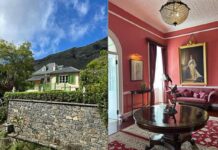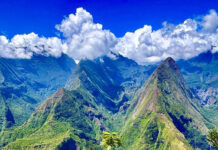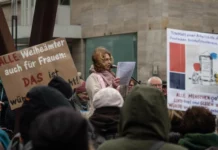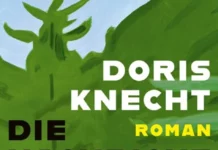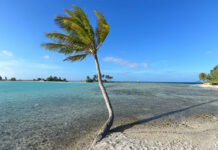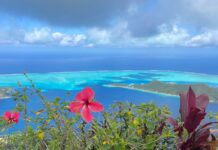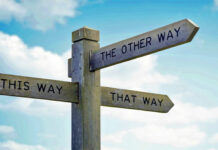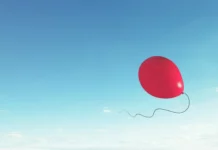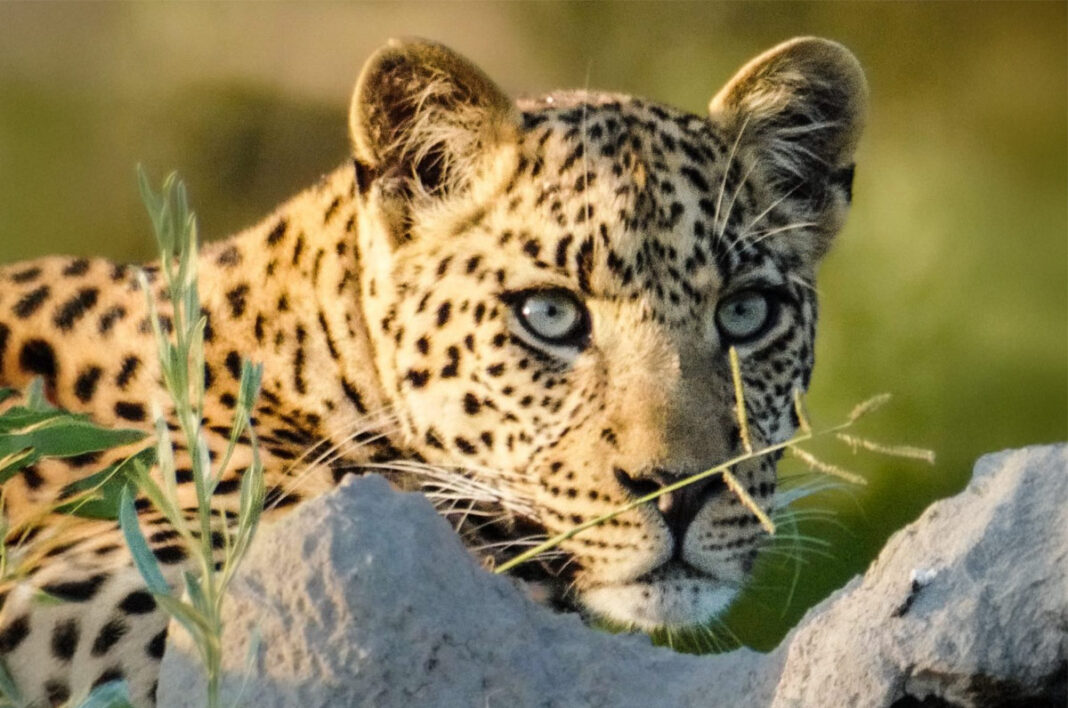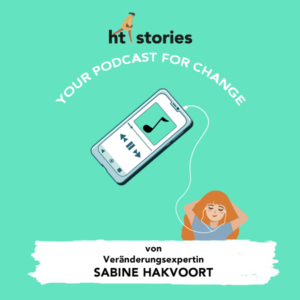Paradise is a place full of chirping, chirping, chattering, squeaking, grunting and clicking, chattering, croaking, chirping, squeaking, trumpeting, whistling, cooing, singing, neighing, bleating and roaring. Welcome to Botswana.
The day starts early, before sunrise, because the animals respond to the heat of the day and are active in the early morning. So get out of bed and into the magical water world of the Okavango Delta. The start of a new day in the Okavango Delta is a fascinating spectacle. Over 400 different species of birds, 70 species of fish, reptiles and amphibians and 120 species of mammals live in this 20,000 square kilometer wetland area of the Kalahari Desert. Sunrise is also a magical spectacle, bathing the untouched African wilderness in a soft, golden light. As the first rays dispel the darkness, a delicate shimmer spreads across the vast expanses of water and the dense reeds. The sky is a painting of orange, pink and violet against the dark silhouettes of the trees. The light changes very quickly, it becomes day and the colors of the landscape come alive.
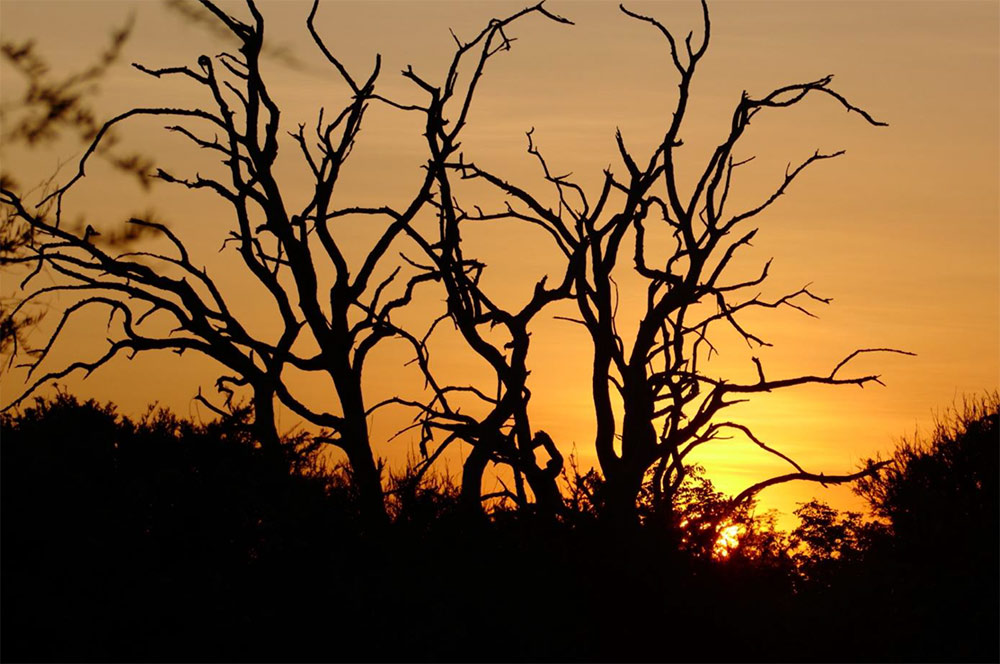
The mist hanging over the water begins to lift, the humid air is still cool and fresh, it is a place characterized by the beauty of nature and undisturbed peace. The morning begins with bathing baby elephants, bleating water buffalo and leopards elegantly running up a tree. You don’t know where to look first. Life leaps, impalas jump over bushes, a roller sits on the branch of a dead tree and gazes thoughtfully into the bush, baby elephants splash water over their heads and roll around in the mud, giraffes graze peacefully and fish eagles majestically make their rounds and snatch a frog.
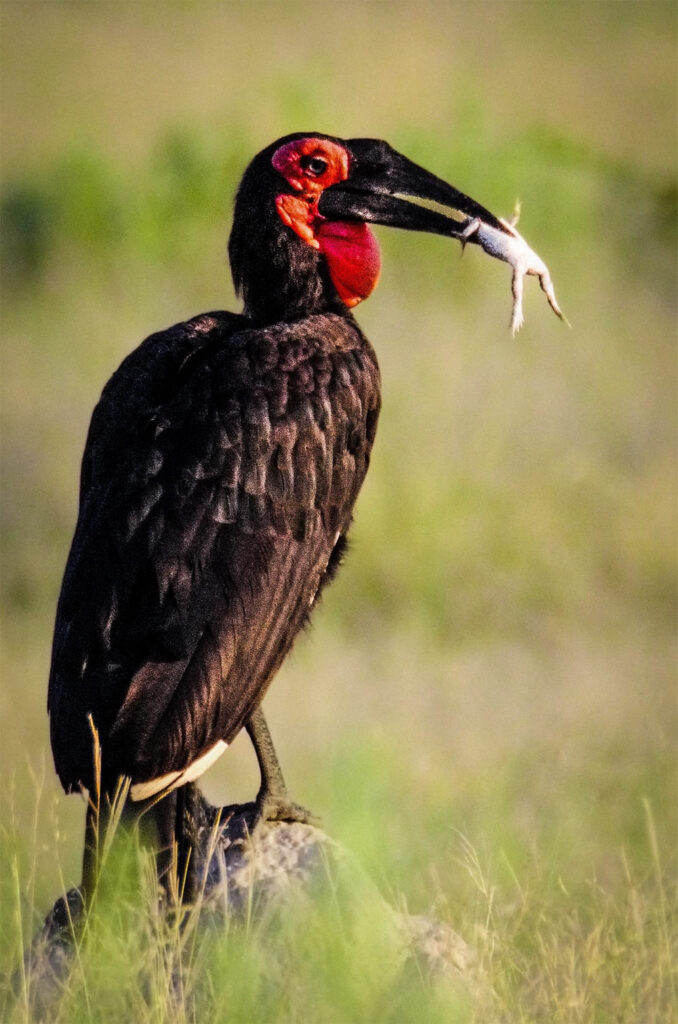
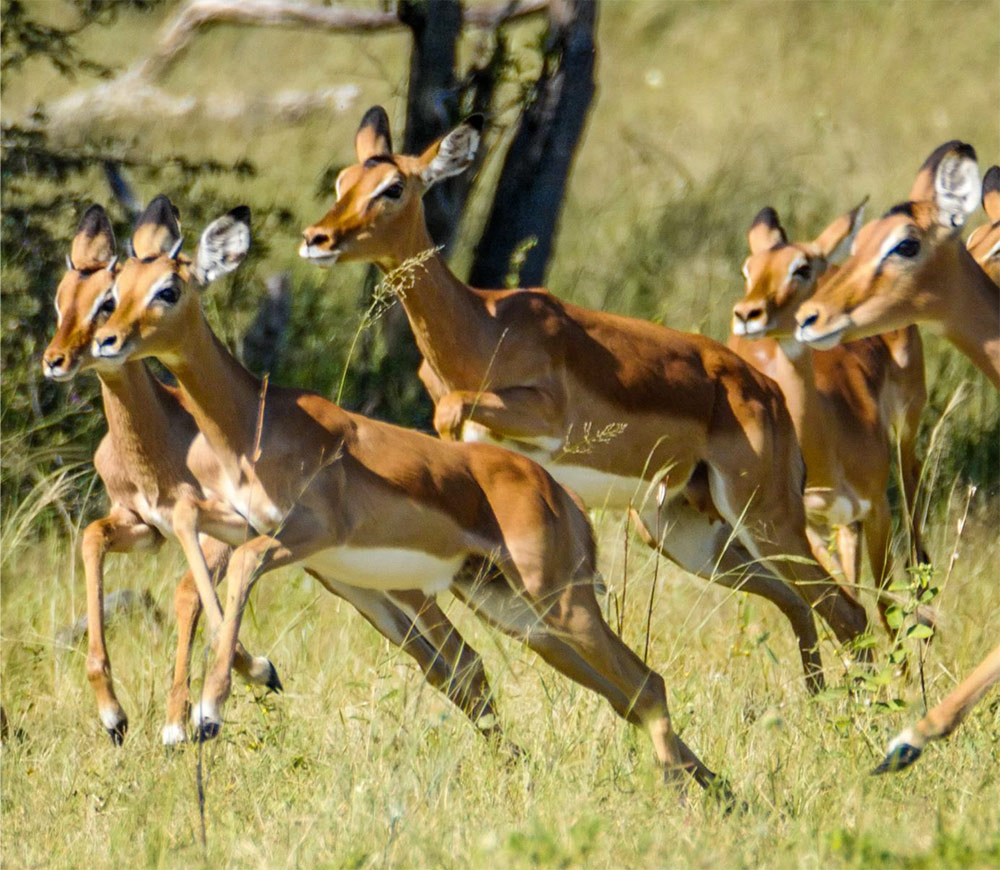
It’s like a visit to the bush kindergarten
This is the hour of the trackers and guides. Both hang over the side doors of the open jeep searching for fresh animal tracks. I don’t know how they do it, but they find everything. Sometimes it takes longer, but in the end we find the leopard. The wildlife in this concession area is wonderfully untouched. There is no “hunting” of the animals, as we experienced in Sri Lanka. There, a long queue formed outside the gates of the national park before sunrise and as soon as the gates opened, the vehicles raced along the gravel road to take customers as deep into the area as possible and make the most of the morning. Everything is relaxed here. There is wonderful peace and quiet. It’s still the rainy season, it’s green. This is the time when the young animals are born. Baby elephants and lion cubs are chased around by their mothers. It’s like a visit to the bush kindergarten.
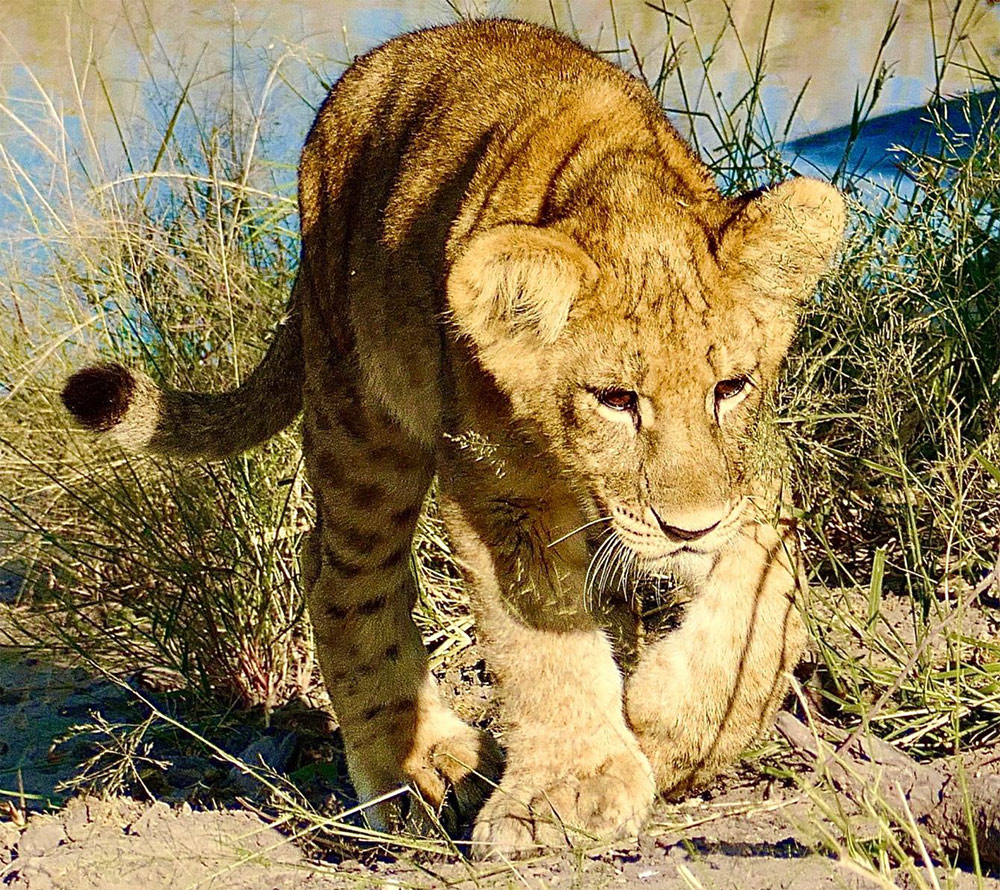
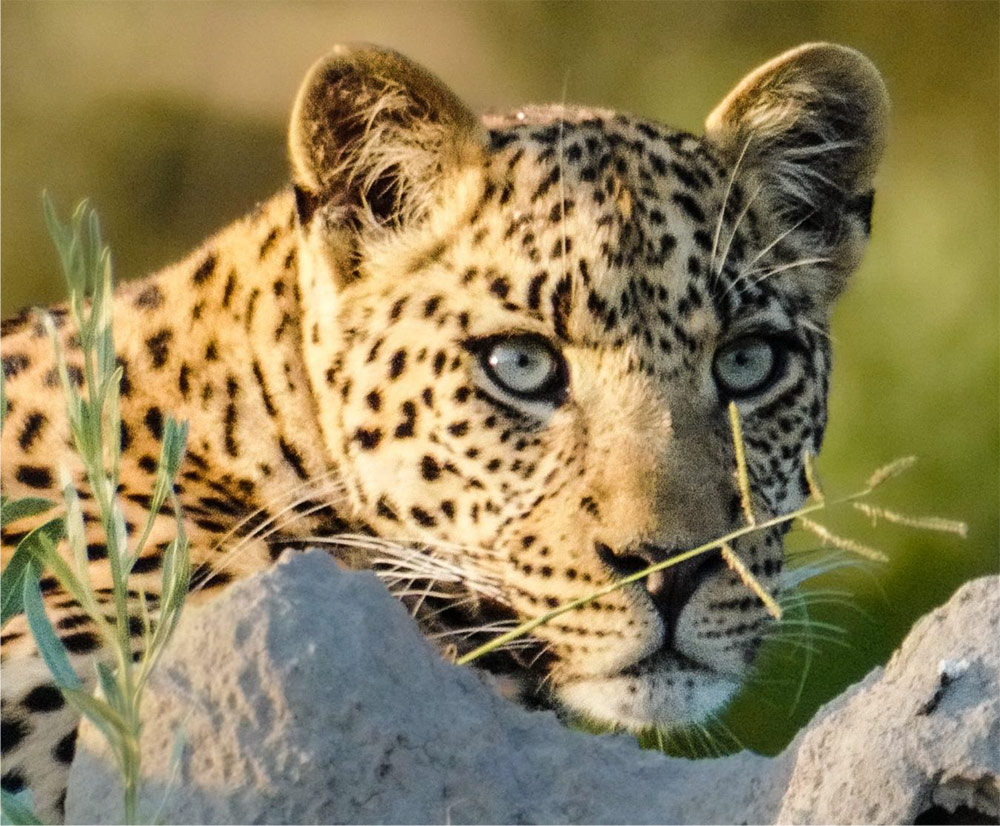
This is Botswana
In Zimbabwe, a different but no less marvelous bush landscape awaits us in Hwange National Park. It is a paradise for birds and the newborn animals also grow up protected here. The Zimbabwean company Imvelo runs beautiful camps and is also socially active. All employees come from the neighbouring village where the company supports a small hospital and a school. Zimbabwe is still a very poor and underdeveloped country where we, the visitors, received a very friendly and respectful welcome. Medical care and school education in the rural regions are poor and so the company is making a valuable contribution to the development of the country, whose main source of income, apart from tourism, is coal mining operated by the Chinese. On the road from Victoria Falls to Hwange, countless chimneys tower into the sky and lorries struggle along the potholed roads. A similar picture to Laos. This is also a topic of conversation around the romantic campfire under a fantastic starry sky, where you can easily recognise the Milky Way. These are rewarding days, enchanted by the wildlife of the African bush.

